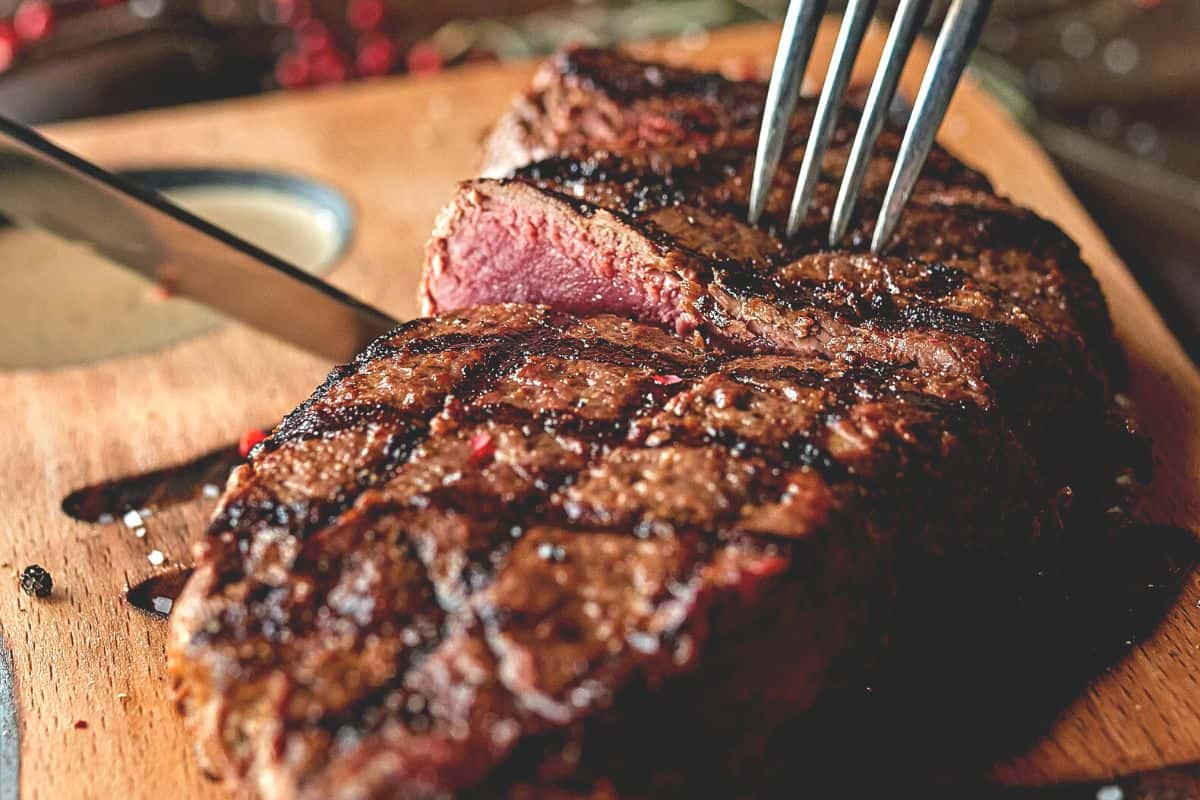If you are travelling to a non-Muslim country, it is important to check the ingredients of the food you are eating and make sure that it is halal. If you are unsure of the ingredients, it is best to avoid eating the food. Make sure to research restaurants and grocery stores in the area that offer halal food.
Halal Meat Restrictions in Different Cultures
Halal meat is a type of meat that is prepared according to Islamic dietary laws. Halal meat is typically prepared by slaughtering the animal in a ritualized manner and draining all of the animal’s blood. The animal may also be blessed before the slaughter and the meat must be handled and stored in a sterile and clean environment.
In Muslim cultures, halal meat is considered to be the healthiest and most religiously-acceptable form of meat consumption. It is believed that consuming foods prepared according to Islamic dietary laws provides spiritual and physical health benefits. Therefore, consuming halal meat is a key part of maintaining a healthy lifestyle in many Muslim cultures.
In certain non-Muslim cultures, there may be restrictions on consuming halal meat as well. For example, some countries may not allow the importation of halal meat, or may require special certification in order to do so. In some cases, halal meat may be considered to be a luxury item and may be subject to additional taxes or duties.
In general, the restrictions on consuming halal meat in different cultures depend on the local laws and regulations, as well as the cultural and religious beliefs of the people living in that area.
Benefits of Eating Halal Meat When Travelling
- Healthier: Halal meat is slaughtered in accordance with Islamic law which requires the animal to be well-treated and healthy prior to slaughter. Therefore, it is generally considered to be a healthier option when compared to non-halal meats.
- Fresher: Halal meat is slaughtered according to Islamic law and must be consumed within three days of its slaughter. This means that it is much fresher than non-halal meats which may have been sitting in a store for days or weeks.
- Free from Contamination: Halal meat is slaughtered in a controlled environment and the carcasses are inspected for any signs of contamination. This means that the meat is free from any harmful bacteria or parasites.
- More Nutritious: Halal meat is generally higher in nutrients when compared to non-halal meats due to the way it is prepared and cooked. The meat is also allowed to rest and mature for a period of time which helps to retain more of the vitamins and minerals.
- Easily Available: Halal meat is widely available around the world and is easy to find in many countries. This makes it an ideal choice for those who are travelling and want to enjoy a healthy and tasty meal.
Tips for Avoiding Unintentionally Eating Non-Halal Meat
- Research restaurants in advance: Before you go out to eat, do a bit of research on the restaurant you’re planning to visit. If the restaurant doesn’t have a clear halal policy listed on their website, contact them directly to ask about their menu and preparation methods.
- Read labels: If you’re shopping for food in the grocery store, read ingredient labels carefully to ensure that the food you’re buying is halal. If you’re not sure, it’s better to be safe than sorry and avoid the item.
- Ask questions: If you’re not sure if something is halal or not, don’t be afraid to ask. Ask your server or the chef at a restaurant if they can confirm that the food is halal.
- Stick to what you know: If you’re not sure about something, it’s best to stick to familiar dishes that you know are halal.
- Check certifications: If you’re not sure about a restaurant or food product, look for certifications. Some restaurants and food products may have a halal certification or stamp of approval from a reputable halal certifying body.
Conclusion
It is also important to dress modestly when travelling to non-Muslim countries. This means avoiding tight-fitting or revealing clothes, and wearing loose-fitting clothing that covers your arms and legs. This is especially important if you are visiting a more conservative country.
Additionally, it is important to be mindful of local customs and traditions, and to be respectful of other cultures. This is a great way to show your respect for the people and country you are visiting.

